How Movie Titles Get Lost in Translation
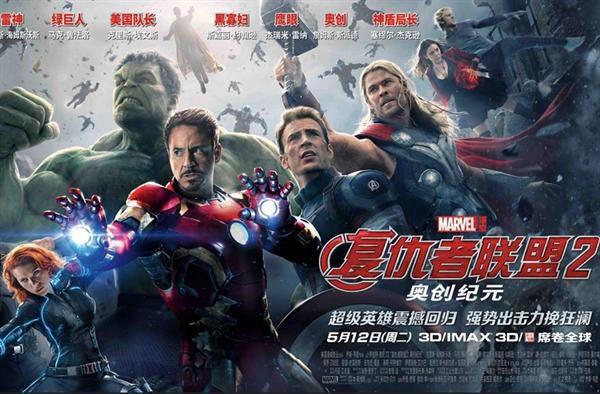 The Chinese movie poster for Avengers: Age of Ultron. (Photo: china.org)
The Chinese movie poster for Avengers: Age of Ultron. (Photo: china.org)
Before American Hustle (2013) was an Oscar-winning film, it was an unproduced screenplay floating around Hollywood with the “aggressive” title of American Bullshit, according to Screenshadow.net. It’s not hard to imagine why the name was changed. But it is less clear why, in China, American Hustle was translated as 美国骗局: literally, “United States Cheat Bureau,” according to the language learning service Babbel.
In Spain, The Dark Knight ended up sort of better than the original, as Batman: El Caballero de la Noche. Translation? Batman: Knight of the Night. In Norway, another improvement: Die Hard became Aksjon skyskraper, literally Action Skyscraper.
Localization, the process of adapting a work for a foreign market, has been going on for decades in the movie business. But if the names seem increasingly obtuse or just weird, there’s a reason for that: the bottom fell out on the translation market.
Like most other areas of skilled labor, film translation has changed substantially in the past few decades. Dean Remy, of GlobalVision International, a US-based translation outfit, doesn’t bother with movies anymore for exactly that reason. “We’ve done a number of Sony productions in the past, but we’ve kind of moved away from that,” he says. His translators are heavily accredited, with advanced degrees and translation certifications, and they simply can’t translate for a penny a word.
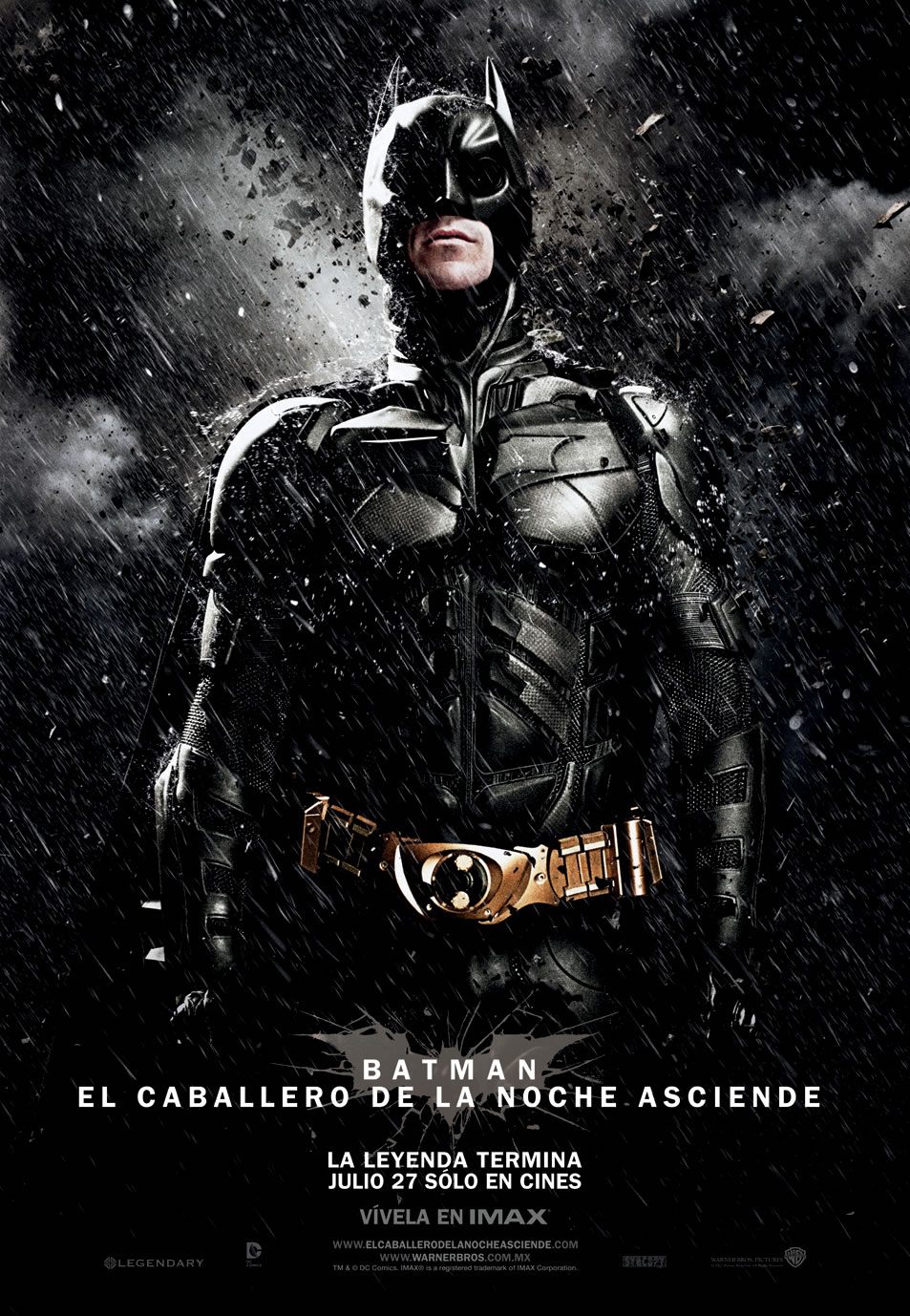 The Spanish movie poster for Batman: El Caballero de la Noche, or Batman: Knight of the Night. (Photo: batmanwikia)
The Spanish movie poster for Batman: El Caballero de la Noche, or Batman: Knight of the Night. (Photo: batmanwikia)
Translation is an art, a delicate craft of manipulating meaning and cultural references and idiomatic language in absurdly rigid ways. Getting films to work in different parts of the world usually requires one of two translation options: subtitles, an option considered quicker, cheaper, and more respectful to the original product, or voiceovers in another language, usually called “dubbing,” which is more popular in certain markets.
Either way, these techniques translate the actual body of the movie, and are routinely allowed to go horribly wrong. Earlier this summer, Avengers: Age of Ultron attracted controversy after its Chinese translation was seen as misleading and bizarre. From the Hollywood Reporter:
Mostly, the problem is that the translations in Age of Ultron are too literal. For example, when Captain America gives some advice by saying “You get hurt, hurt ‘em back. You get killed… walk it off,” it comes across in Chinese as “Run fast if someone tries to kill you.”
The opportunity for mistranslation seems infinite—and technology has not been exactly helping things. These days, the process goes like this: The movie studio makes a movie. They want to show that movie in another country, or for another market, one that speaks a different language. They almost always, says Remy, outsource the task of translation; they may do marketing in-house, but keeping a highly trained translator on staff is significantly more expensive than going to what Remy refers to as “translation sweatshops” in China or Colombia or India.
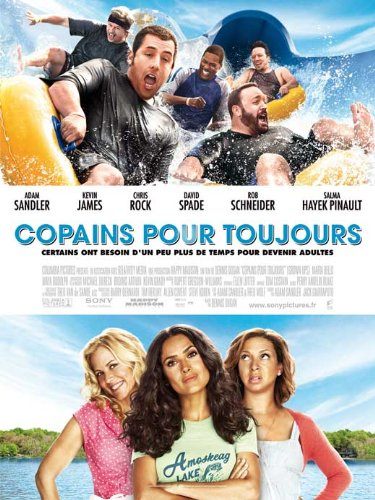 Copains Pour Toujours, the French translation for Grown-Ups, roughly translates as ‘friends for always’. (Photo: amazon)
Copains Pour Toujours, the French translation for Grown-Ups, roughly translates as ‘friends for always’. (Photo: amazon)
There are a select few high-end translators, usually reserved for very specific projects: big budget films that market research indicates will be successful in certain markets, like big-budget action movies in Asia; these always do well. Many of these high-end translators are solo freelancers, and many, for whatever reason, live in Paris, as a New York Times article revealed in 2014. but these high-end translators aren’t performing their art on art films; they’re doing mainstream fare like Grown-Ups 2 and Hall Pass (in French, Buddies Forever 2 and something like Ready To Go, respectively).
Before a translator’s work begins, the original-language film is analyzed by mix of algorithms and humans to create notations for each specific timestamp in which a bit of subtitle should appear. Then the original transcript, with timestamps added, is sent to a translator, who does his or her best to translate in the time allotted (anywhere from 24 hours to a week is standard). The timestamps are important because the translator has to know how long each line of dialogue can take; some languages take longer than others to convey some things, and if a subtitle is too long, the viewer won’t be able to read it in time. “If you go from English to, say, German or Russian, the text that has to be squeezed into that same segment of a movie has to really be jammed in there,” says Remy.
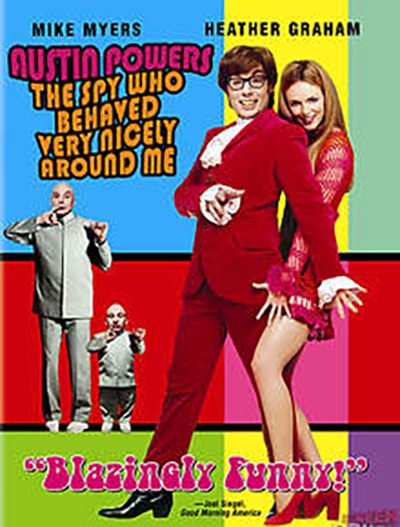 The Malaysian translation for Austin Powers: The Spy Who Shagged Me. (Photo: SBS)
The Malaysian translation for Austin Powers: The Spy Who Shagged Me. (Photo: SBS)
The high-end translators charge, generally, a few dollars a word to translate, which is more than most journalists make to write. That’s because their work is incredibly tricky. Let’s take a really simple line from almost every Batman movie: “I’m Batman.”
Remy, who says his company worked on a Batman movie before his time, has written about the difficulties of translating this seemingly simple line, even into a language like German which is fairly similar to English. “You try to translate that into German, there’s probably five or six different ways you can do that,” he says. “The most literal is ‘Ich bin Fledermausmensch,’ which means, literally, ‘I am the flying mouse man.’” German has a tendency to name animals in descriptions or comparisons rather than bestowing unique names; thus “bat” is “fledermaus,” or “flying mouse.” (My favorite of those is the German for raccoon, “waschbär,” which literally means “washing bear.” Because the raccoon sort of washes its food, get it?)
In the case of the Batman line, it eventually ended up being “Ich bin Batman,” because the word “Batman” is well-known enough internationally to make sense, even though it’s an English construction. But that doesn’t always work. Cultural norms have to be considered, and idioms have to be reorganized, which is why translation remains, for the most part, a job done by humans (even if they are on the whole very poorly paid humans).
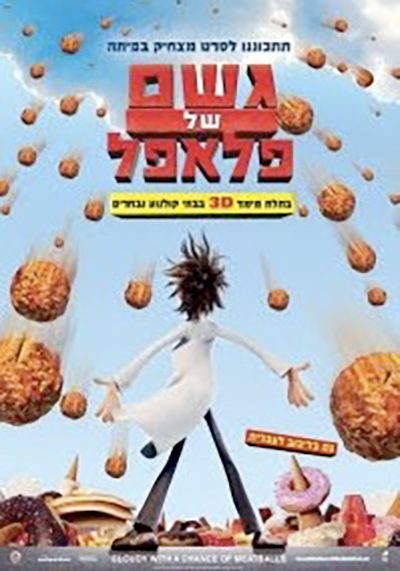 Cloudy with a Chance of Meatballs becomes Rain of Falafel. (Photo: io9)
Cloudy with a Chance of Meatballs becomes Rain of Falafel. (Photo: io9)
In Malaysia, for example, the movie Austin Powers: The Spy Who Shagged Me was renamed something more like Austin Powers: The Spy Who Behaved Very Nicely Around Me, thanks to Malaysia’s extremely strict censorship and profanity regulations. Sometimes titles are changed thanks to literal tastes; Cloudy With a Chance of Meatballs, in Israel, goes by Geshem shel Falafel, or Rain of Falafel.
Remy thinks that machine translation, of the sort that Google uses in closed captioning on some YouTube videos, is “pretty good.” He places its accuracy at around 65 to 70 percent, much better than automated translation of the past. But that’s exactly the kind of percentage that could end up with silly or even offensive translations. For the time being, the only way to really do a proper translation is to pay, and quite a bit. And why do that when you can have it done poorly and cheaply? After all, Avengers: Age of Ultron, despite its lousy translation, ended up as China’s second-biggest film debut ever.


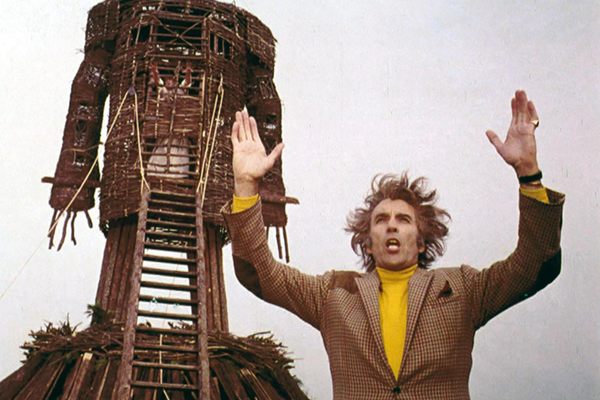

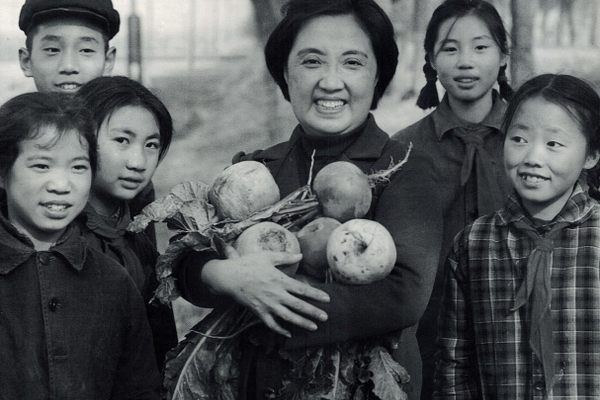



Follow us on Twitter to get the latest on the world's hidden wonders.
Like us on Facebook to get the latest on the world's hidden wonders.
Follow us on Twitter Like us on Facebook